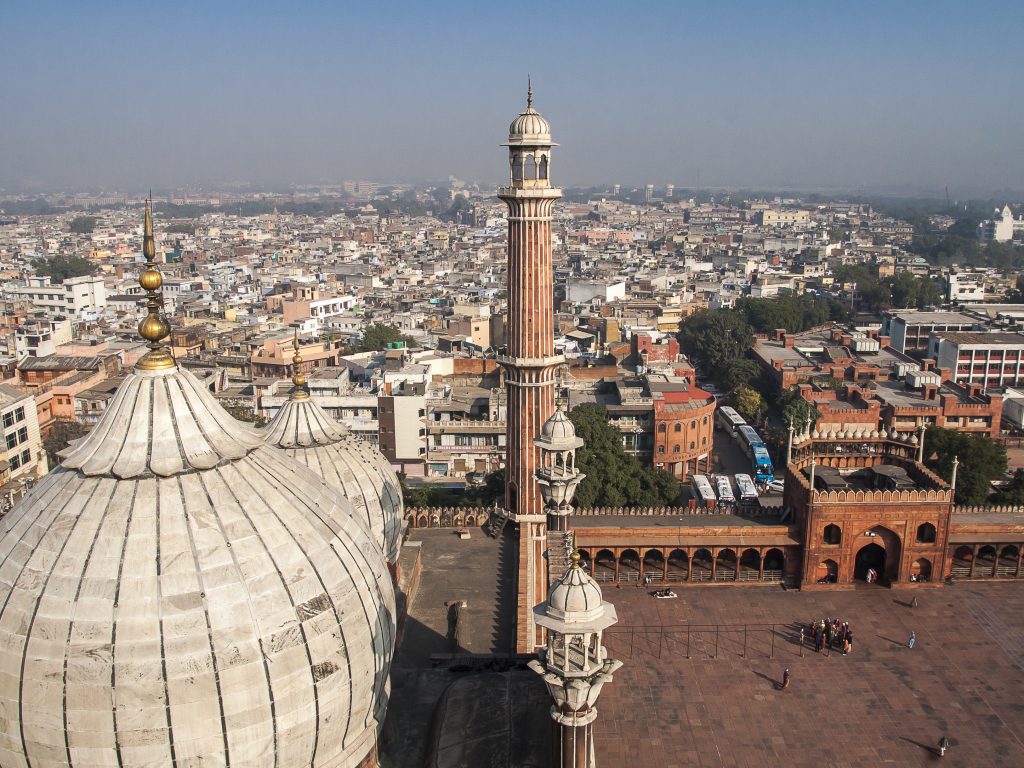
Last month, the High Court stayed India’s appeal against Westminster Magistrates’ Court’s refusal to extradite Mr Chawla. The High Court requested details of the facilities available in Tahir jail, the jail where Mr Chawla would likely be imprisoned if he were to be extradited to India.
Mr Chawla’s extradition was requested in connection with his alleged role in match-fixing during South Africa’s tour of India in 2000. If he is extradited to India, and imprisoned in Tahir jail, the Home Ministry of India has explained that he will have access to his own toilet facilities and guaranteed medical treatment. The assurance also detailed the ways in which he will be protected from violence within the jail.
This is the third assurance given to the High Court by India in this case. It hopes to alleviate the concern of the High Court judges that Mr Chawla faces a real risk of his human rights being breached due to the conditions within Tahir jail. The previous two assurances were deemed ‘inadequate’ by the High Court.
It is not unusual for the UK courts to request assurances from India in relation to extradition cases. If Mr Chawla is successfully extradited to India, this will be the first contested extradition case from the UK to India to succeed since India and the UK entered an extradition treaty in 1992.
Categories: India, South Africa



Recent Comments